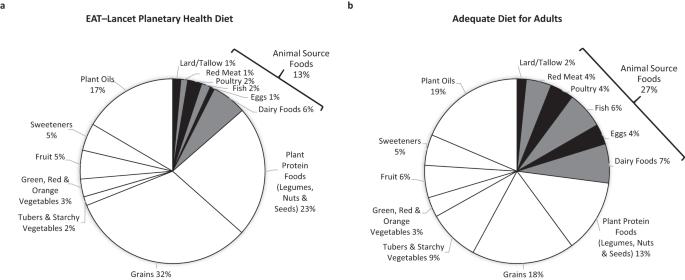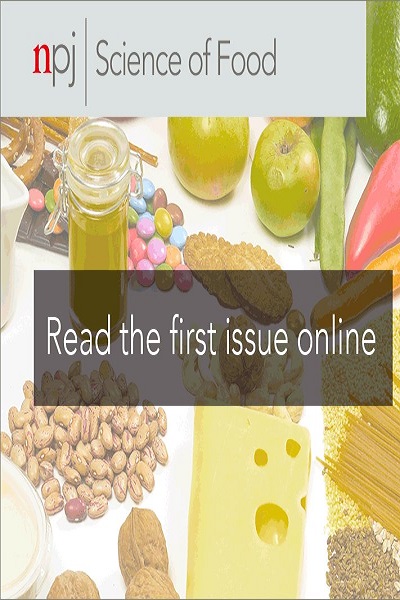在政策决定中使用低于标准的衡量标准,强制要求大量减少动物源性食品,这是不可接受的
IF 6.3
1区 农林科学
Q1 FOOD SCIENCE & TECHNOLOGY
引用次数: 0
摘要
最近,许多非常有影响力的报告,包括全球疾病负担(GBD)风险因素合作组织、EAT-柳叶刀食品、地球、健康委员会和柳叶刀健康与气候变化倒计时组织的报告,都建议从人类饮食中大幅减少或完全排除动物源性食品,特别是反刍动物产品(红肉和乳制品)。他们强烈建议,这些饮食转变不仅有利于地球健康,也有利于人类健康。然而,正如本视角所详述的,有理由对输入数据的质量和透明度、假设的有效性以及用于计算全球健康估计值的统计建模的适当性表示极大的担忧,而这些正是所宣称的人类健康益处的基础。植物源食品与动物源食品相比,蛋白质和关键微量营养素的生物利用率较低,但这些报告都没有充分认识到这一点,也没有解决这一问题。此外,对偏差和确定性的评估要么有限,要么缺失。尽管 GBD 和 EAT-Lancet 的作者们公开承认了其中的许多错误和局限性,但对已发表的论文却未作任何更正。因此,这些报告继续错误地影响着食品政策决策和国际膳食指南,如世界自然基金会的 "健康饮食"(Livewell Diet)和 "北欧营养建议 2023"(Nordic Nutrition Recommendations 2023)。本文章由计算机程序翻译,如有差异,请以英文原文为准。

Unacceptable use of substandard metrics in policy decisions which mandate large reductions in animal-source foods
Many recent very influential reports, including those from the Global Burden of Disease (GBD) Risk Factor Collaborators, the EAT-Lancet Commission on Food, Planet, Health, and the Lancet Countdown on Health and Climate Change, have recommended dramatic reductions or total exclusion of animal-source foods, particularly ruminant products (red meat and dairy), from the human diet. They strongly suggest that these dietary shifts will not only benefit planetary health but also human health. However, as detailed in this perspective, there are grounds for considerable concern in regard to the quality and transparency of the input data, the validity of the assumptions, and the appropriateness of the statistical modelling, used in the calculation of the global health estimates, which underpin the claimed human health benefits. The lessor bioavailability of protein and key micronutrients from plant-source foods versus animal-source foods was not adequately recognised nor addressed in any of these reports. Furthermore, assessments of bias and certainty were either limited or absent. Despite many of these errors and limitations being publically acknowledged by the GBD and the EAT-Lancet authors, no corrections have been applied to the published papers. As a consequence, these reports continue to erroneously influence food policy decisions and international dietary guidelines, such as the World Wildlife Fund’s Livewell Diet, and the Nordic Nutrition Recommendations 2023.
求助全文
通过发布文献求助,成功后即可免费获取论文全文。
去求助
来源期刊

NPJ Science of Food
FOOD SCIENCE & TECHNOLOGY-
CiteScore
7.50
自引率
1.60%
发文量
53
期刊介绍:
npj Science of Food is an online-only and open access journal publishes high-quality, high-impact papers related to food safety, security, integrated production, processing and packaging, the changes and interactions of food components, and the influence on health and wellness properties of food. The journal will support fundamental studies that advance the science of food beyond the classic focus on processing, thereby addressing basic inquiries around food from the public and industry. It will also support research that might result in innovation of technologies and products that are public-friendly while promoting the United Nations sustainable development goals.
 求助内容:
求助内容: 应助结果提醒方式:
应助结果提醒方式:


